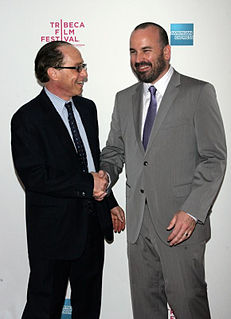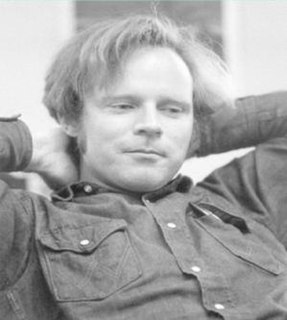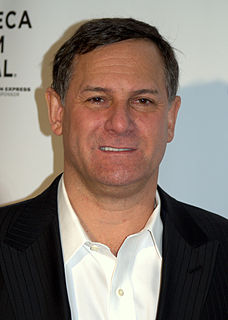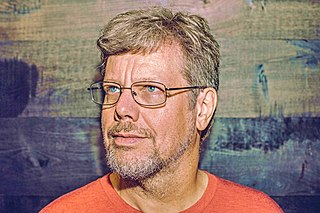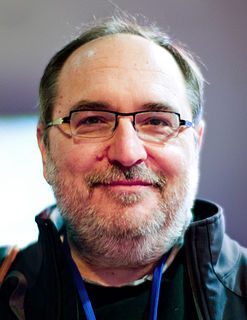A Quote by Kenneth E. Iverson
Overemphasis of efficiency leads to an unfortunate circularity in design: for reasons of efficiency early programming languages reflected the characteristics of the early computers, and each generation of computers reflects the needs of the programming languages of the preceding generation.
Related Quotes
My impression was and is that many programming languages and tools represent solutions looking for problems, and I was determined that my work should not fall into that category. Thus, I follow the literature on programming languages and the debates about programming languages primarily looking for ideas for solutions to problems my colleagues and I have encountered in real applications. Other programming languages constitute a mountain of ideas and inspiration-but it has to be mined carefully to avoid featurism and inconsistencies.
Although mathematical notation undoubtedly possesses parsing rules, they are rather loose, sometimes contradictory, and seldom clearly stated. [...] The proliferation of programming languages shows no more uniformity than mathematics. Nevertheless, programming languages do bring a different perspective. [...] Because of their application to a broad range of topics, their strict grammar, and their strict interpretation, programming languages can provide new insights into mathematical notation.
We shall do a much better programming job, provided that we approach the task with a full appreciation of its tremendous difficulty, provided that we stick to modest and elegant programming languages, provided that we respect the intrinsic limitations of the human mind and approach the task as Very Humble Programmers.






